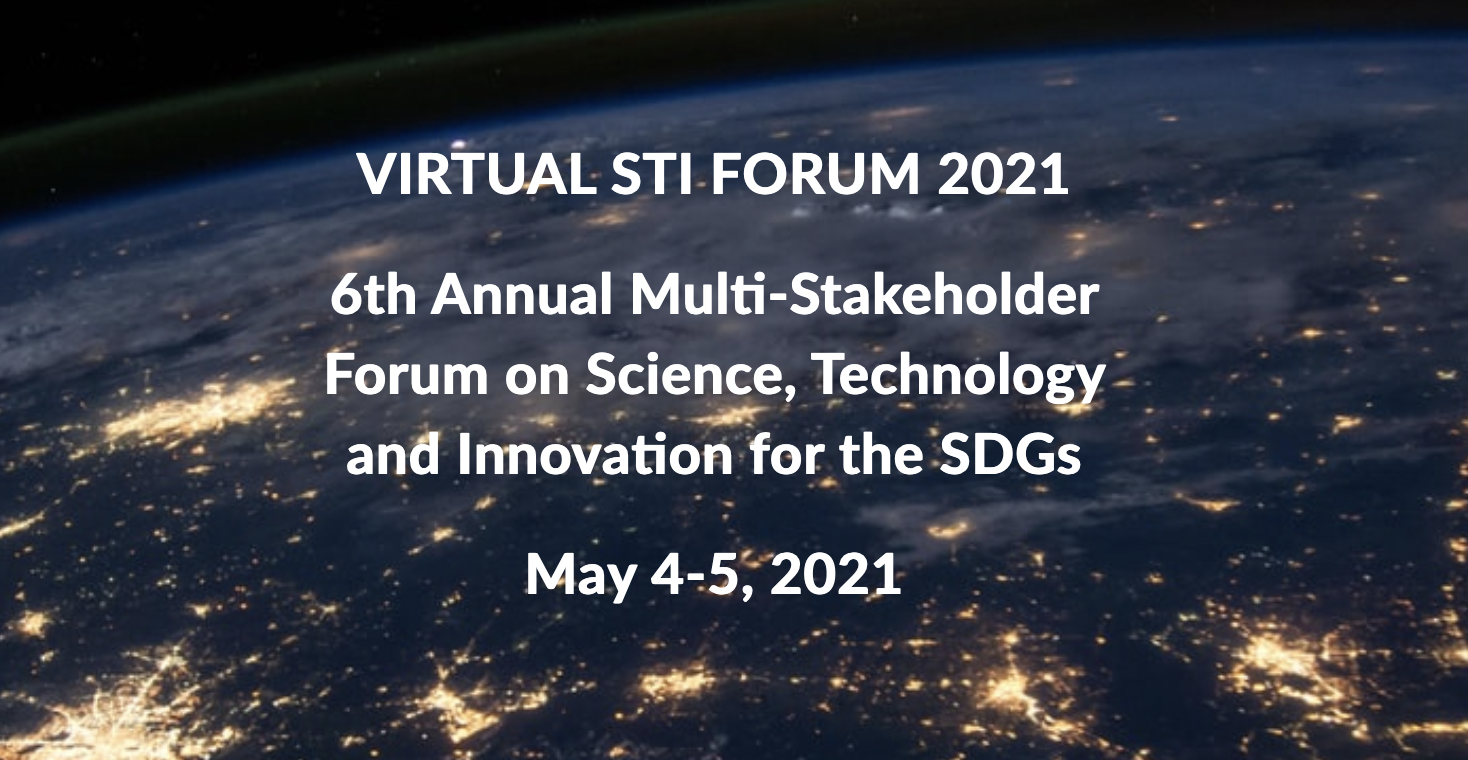Emerging science and technology trends, challenges and the SDGs
5 May 2021 14:15h - 15:00h
Event report
This session, chaired and moderated by H.E. Mr. Mohammad Koba (Ambassador Charge d’Affaires, Permanent Mission of the Republic of Indonesia to the United Nations), explored the latest developments in science and technology and their current and potential future consequences for the sustainable development goals (SDGs).
The session featured the presentation of updated elements of the Technology Facilitation Mechanism (TFM) findings on the impacts of rapid technology change on the SDGs. Mr Elliott Harris (Assistant Secretary-General for Economic Development, UN Chief Economist) presented the updated TFM findings, prepared by the UN Interagency Task Team on Science, Technology and Innovation for the SDGs.
First, Harris acknowledged that the 2019 TFM findings remain valid, but that new elements are needed. The COVID-19 pandemic has greatly amplified the importance of science, technology, and innovation, but also has exposed weak interfaces with policy and society. It has accelerated digitalisation, though three billion remain unconnected. Public funding for basic research needs to be greatly expanded and sustained beyond these times as a vital part of our resilience strategy. The massive drive for COVID vaccines must be replicated for neglected tropical diseases, which continue to affect one billion people.
Harris added that new data governance policies make it complicated to balance human dignity with economic benefits, thereby putting fundamental human rights at risk in the new economy. Regarding artificial intelligence (AI), if narrow AI has become ubiquitous in many countries, billions remain excluded from its benefits.
Mr Peter Major (Chair, UN Commission on Science and Technology for Development (CSTD)) elaborated on the two priority themes of the CSTD during the 2020-2021 period: science, technology, and innovation to close the gap on SDG 3 and on good health and well-being; and harnessing blockchain for sustainable development.
The COVID-19 pandemic has demonstrated enduring digital divides and inequalities in digital provision. Those with access to digital technologies have been better placed to overcome some of the difficulties caused by the pandemic than those without such access. Regarding harnessing blockchain for sustainable development, Major referred to emerging uses of blockchain-based technology platforms that can accelerate progress towards SDGs, while highlighting several challenges (related to environment, for instance).
Ms Wilhelmina Quaye (Director, CSIR-Science and Technology Policy Research Institute, Ghana) shared the lessons learned and best practices in developing Ghana’s new Science, Technology and Innovation for Sustainable Development Goals Roadmap (STI4SDGs Roadmap). The STI4SDGs Roadmap speeds the achievement of the SDGs with application of emerging science, technology, and innovation. The drafting process of the roadmap is overseen by a technical task, consisting of stakeholders from relevant ministries, academia, and research institutes. The draft roadmap focuses on specific SDGs (1, 2, 3, 4, 6, 8, and 9), and provides STI solutions in agriculture, health, education, sanitation, industry and innovation for the creation of jobs.
Mr Hiroshi Matsumoto (President, Rikagaku Kenkyūjo RIKEN, Japan) shared his perspective on the latest developments in science, technology, and innovation and their future consequences for the SDGs. As resources are limited, Matsumoto emphasised the need to invest in space solar power systems (SPSS), an emerging technology that could lead to a new technological revolution. These systems use satellites placed in orbit instead of on the Earth’s surface to collect solar energy. Matsumoto also argued for finding new solutions to economic and social disparities and for addressing these challenges with a common vision.
Related topics
Related event

